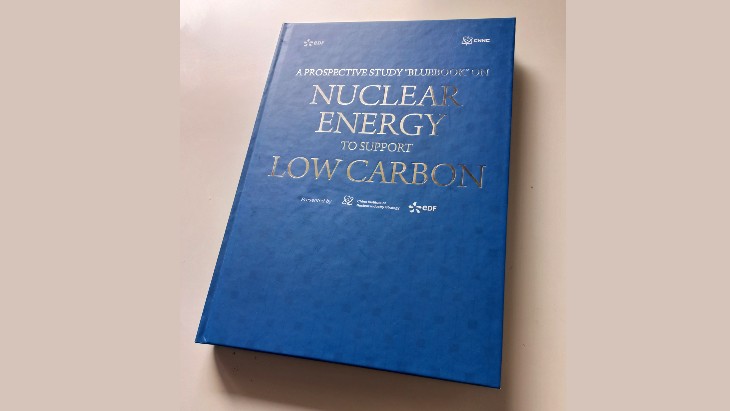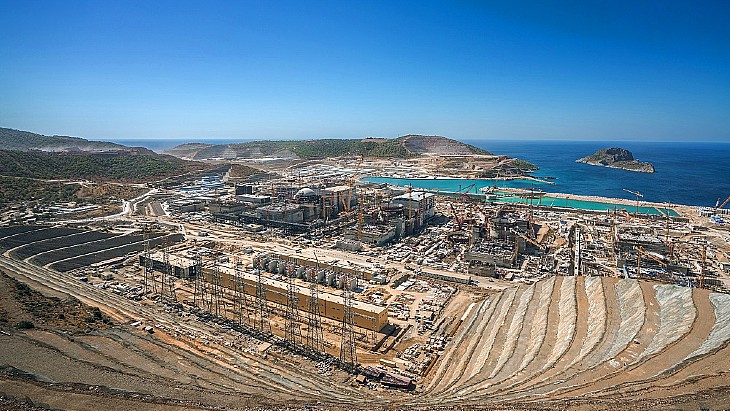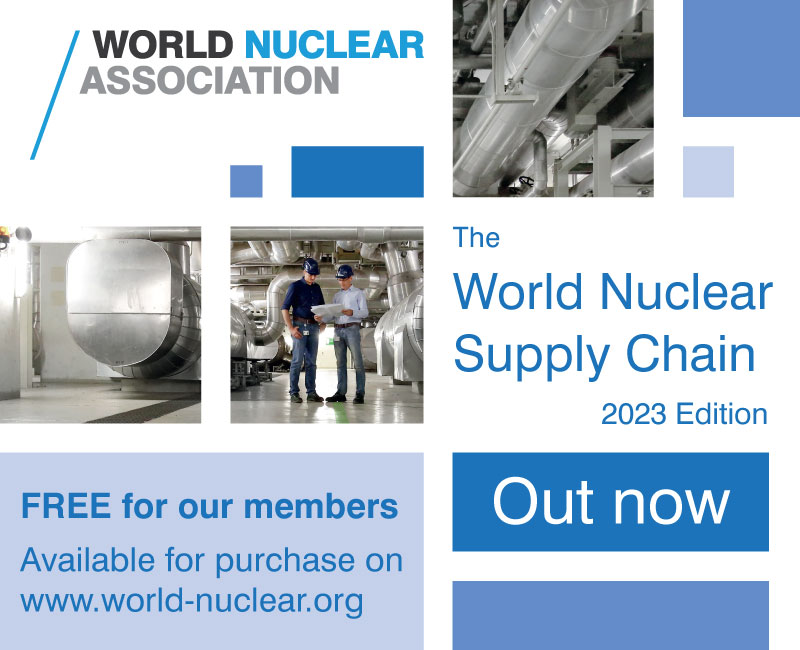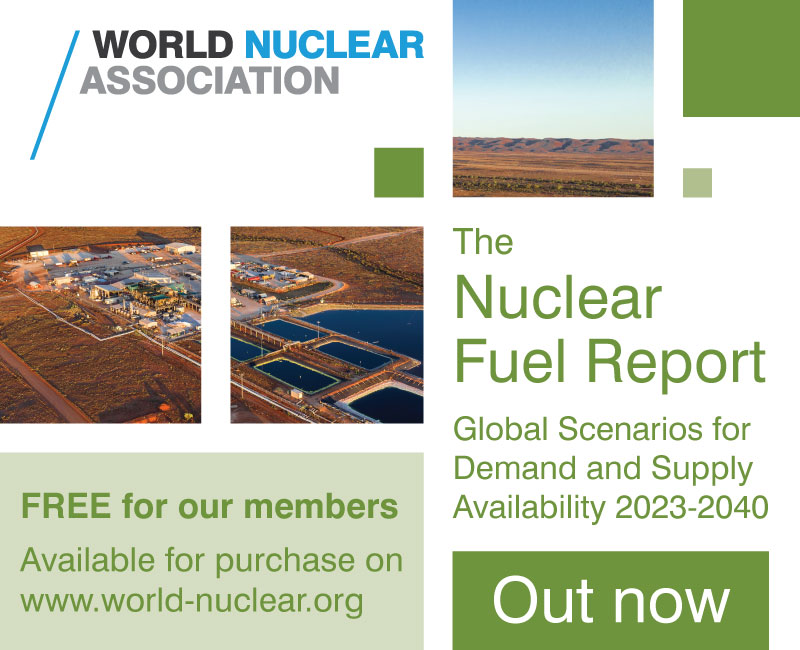IAEA completes first full-scope IRRS mission to the UK
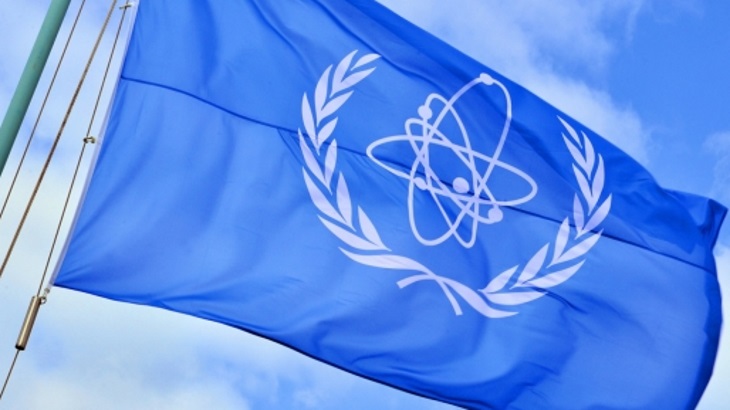
The mission was requested by the UK Department for Business, Energy and Industrial Strategy and hosted by the Office for Nuclear Regulation (ONR). Fifteen regulatory bodies were included within the scope of the review.
It was the fourth IRRS mission to the UK since the IAEA IRRS programme began in 2006, and the first full-scope mission which addresses both nuclear and radiation safety.
"The ONR has a mature regulatory framework that could be emulated by other countries’ regulatory authorities to improve their understanding and implementation of IAEA safety standards in the oversight of nuclear and radiation safety," said team leader Ramzi Jammal, executive vice-president and chief regulatory operations officer in the regulatory operations branch of the Canadian Nuclear Safety Commission.
The UK has 15 operational nuclear power reactors at seven plants, generating 21% of its electricity, and two nuclear fuel reprocessing plants.
The IRRS review team consisted of 18 senior regulatory experts from Australia, Canada, Czech Republic, Finland, France, Hungary, India, Ireland, the Netherlands, Romania, Slovenia, Sweden, Switzerland and the USA, and three IAEA staff members.
The team identified strengths in the UK’s regulatory authorities, including the competence of staff and the extensive regulatory guidance that has been developed for those legally responsible for nuclear and radiation safety at each site. The team concluded that ONR has clear strategies for the regulatory oversight of nuclear facilities providing an effective regulatory framework for nuclear and radiation safety.
The team identified good practices, including: ONR has established a matrix management structure that effectively allocates resources and improves its hiring, training and strategic planning practices; and the regulatory authorities have introduced a system whereby security officers who specialize in radiological matters advise environmental regulators on security measures for category 1-4 radioactive sources.
The team provided recommendations and suggestions to the regulatory authorities for further improvement, including: the UK government should publish a single, formalised statement of its national policy and strategy for safety; several regulatory authorities should develop long term inspection programmes; several regulatory authorities should improve their respective human resource plans to align with their oversight functions for radiation safety; and all regulatory authorities should systematically take into account IAEA safety standards in the development of regulatory or internal guidance.
The final mission report will be provided to the government in about three months, which the UK will publish subject to ministerial agreement.
Anthony Hart, UK project manager for the IRRS Mission, said the success of the mission was "thanks in no small part to the considerable advanced work and planning by the organisations that deliver the UK's regulation of nuclear and radiological safety”, which are "already looking ahead to the follow-up mission in three years' time."
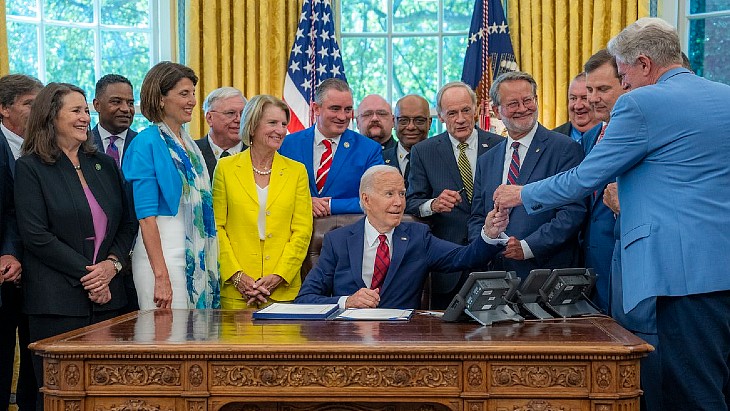

_58601.jpg)
_11531.jpg)





